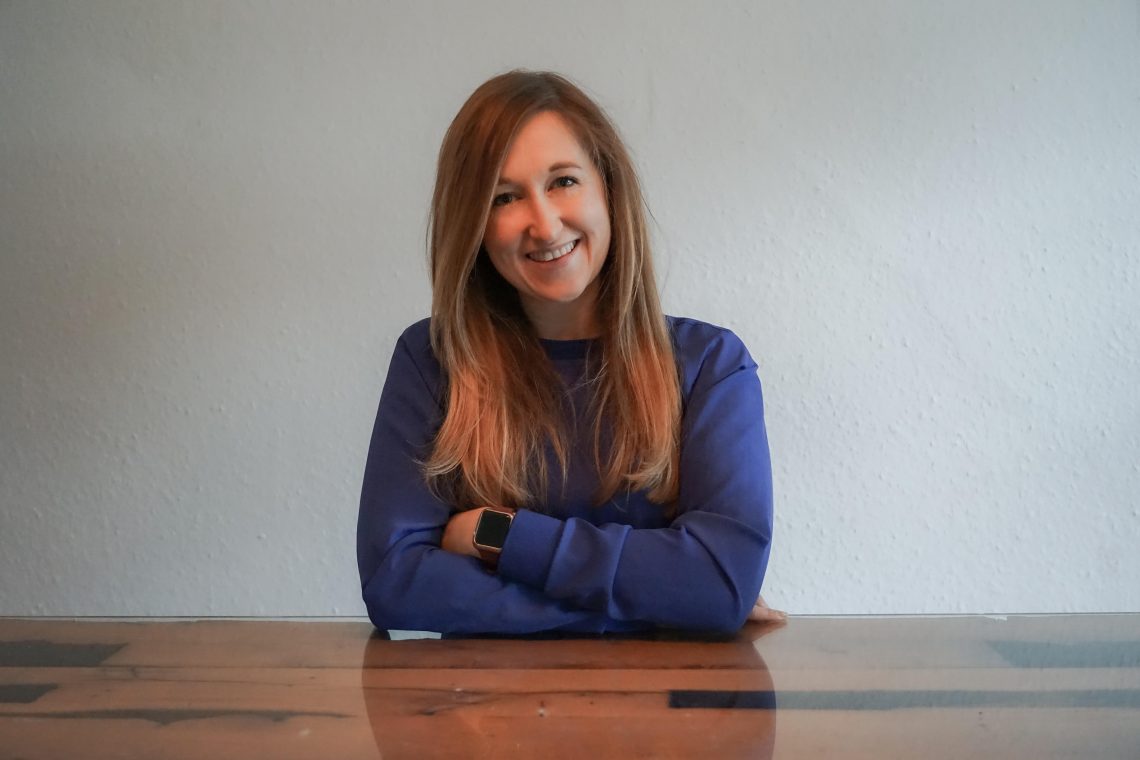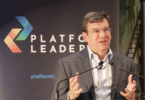Sarah Theinert is Director Partnerships & Value Creation at UVC Partners, a venture capital firm which connects startups to a network of 150+ corporates through its close partnership with Munich-based UnternehmerTUM (UTUM), a leading European innovation center. Theinert has a dual role: she is responsible for managing the relationships with corporate partners who want to explore opportunities to work with UVC Partners’ portfolio companies but also for supporting the portfolio of startups as an expert in go-to-market strategies, marketing, and sales. Prior to joining UVC Partners in 2022, she was Senior Manager in the Platforms and Acquisitions team at Allianz X, the digital investment unit of German multinational financial services Allianz Group, investing in SaaS ventures as well as actively working with portfolio companies. Theinert started her career at South African conglomerate Naspers after writing a thesis on venture capital and capital markets and receiving her Ph.D. from the Technical University Munich. She recently spoke to The Innovator about how to work with startups and adopt a company-wide innovation culture.
Q: What makes UVC Partners different from other VC funds?
ST: We are part of the UnternehmerTUM ecosystem, which has created Europe’s biggest open B2B startup platform with corporate partners like Allianz, Bosch, BMW, Daimler, Facebook, Google, Intel, SAP, and Siemens. As part of that ecosysten, UVC Partners has over €300 million under management and connects corporates with cutting edge startups. Our fund provides the unique access to startups, the university provides tech talent, and UnternehmerTUM provides consulting services and serves as a place for large corporates and family-owned businesses to network with young companies and investors, enable people to work with startups, launch proof of concept trials and prototype new products. The UnternehmerTUM platform provides many different types of benefits. For example, one of our UVC Partners most recent investments, kooky, provides a digital end-to-end reusable packaging system with its own infrastructure, with the aim of reducing the environmental impact of single- use packaging. Their business model is to provide reusable coffee cups to businesses which pay-per-cup. Kooky provides a dense network of drop-off boxes and takes care of the pick-up and cleaning process. Its initial product is a reusable coffee cup system, and they plan to expand into food packaging in the next step. kooky now counts global pharmaceutical company Roche and Swiss railway SBB as their clients. Kooky will soon pilot with a corporate partner of UnternehmerTUM in Germany, helping the company to meet their ESG and sustainability goals.
Another example is our portfolio company Fruitcore Robotics, which has also benefited from the network effect of our platform Fruitcore produces industrial robots for SMEs with high performance and attractive price performance. The robots feature a user interface that does not require prior knowledge to use them. Once we invested, we facilitated introductions to corporates: One of the companies, Conrad Electronic, included Fruitcore Robotics in their B2B company product catalog, which improved market access for Fruitcore. This is where the magic kicks in; UVC Partners is not about one-on-one interactions, we are part of a platform and everyone, including the corporates that work with UnternehmerTUM, benefit.
Q: This all sounds great, but many startup-corporate collaborations fail. Why is this the case and how can this be fixed?
ST:At UnternehmerTUM, we try to instill an innovative mindset, which means that it is totally okay to fail once in a while. Everyone involved can learn from every attempt and do even better the next time. Of course, the different mentalities and perspectives of young startups and big corporates can be challenging. To put this in perspective, in a corporation people are successful due to knowledge and expertise. In startups success comes with the ability to learn fast and continuously. This small but subtle difference can play a major role if not handled with care. A clear framework for collaboration helps by describing and limiting content, scope, and duration of a partnership. Additionally, clear responsibilities, involvement of key persons as well as provision of sufficient and appropriate resources are essential. Post collaboration, reflecting and learning from the successes and mistakes will help corporates and startups to further accelerate successful partnerships. All in all, we at UVC Partners believe that diversity is the most successful driver for innovation – bringing personalities from various backgrounds to the same table can create something huge.
Q: Beyond working with startups how do you think corporate innovation can be improved?
ST: It reminds me a little bit of 15-20 years ago when companies were first setting up CRM [customer relationship management] systems. They thought that once CRMs were installed everything will be solved. They soon found out that the implementation of new technologies was not enough. Shifts in mindset were also needed to get the benefits. A way for corporates to do this with innovation is to turn it into a career path. A couple of years ago it was all the rage to appoint a dedicated technology person in every department whose job it was to ready the company for the digital age. Innovation can be approached in a similar way. Now that companies are digital or tech-ready they need to become innovation-ready and nominate dedicated people throughout the company to lead the change.
Continuity is key. If there is an internal champion for a startup, a new business line or a new business model, and that person leaves the company or is promoted, there is a good chance that whoever follows won’t support it. While a reset can be good if it is a long-term innovation project it should not be connected to an individual. Corporates need to move from individual-driven innovation to sustainable enterprise-wide innovation. To ensure this happens new types of reward systems and milestones need to be implemented as the life cycles and KPIs of innovation projects are completely different.
Finally, I suggest that it become mandatory for every person who pursues a career in a corporate to learn the soft skills necessary for innovation as part of their development and that it be made clear that anyone who wants to become CEO needs to have led a successful innovation project. This rule should be implemented by HR, so it becomes part of company policy.
Q: What other advice do you have for corporates?
ST: When launching POCs trials with startups choose carefully rather than taking a spray-and-pray approach. Measure what is going right and what is going wrong. Include a clause in the POC agreement that says that if the startup achieves certain milestones their product or service will be integrated. Instead of insisting on a white label why not be public about your partnership with a startup and the innovation it brings to your offer? Create a culture that makes it ok to fail and rewards innovation. We are always telling our startups to stay focused. Corporates also need to stay focused.
For more of The Innovator’s Interview Of The Week articles click here.
This article is content that would normally only be available to subscribers. Sign up for a four-week free trial to see what you have been missing.







